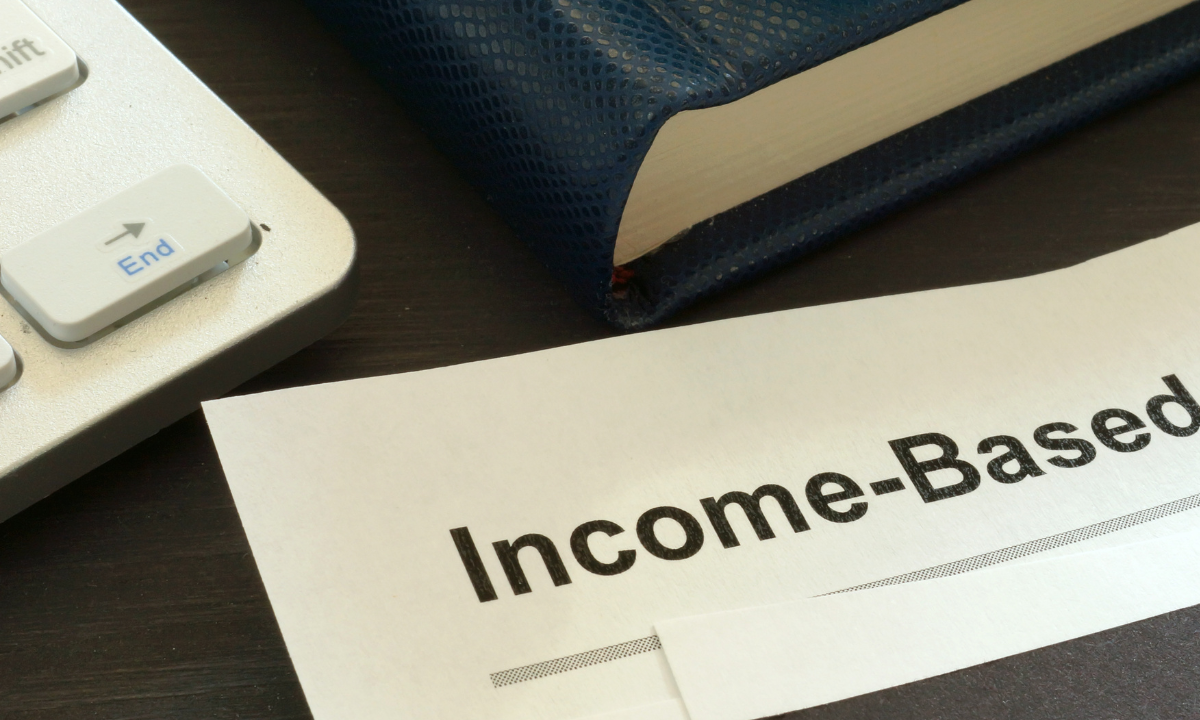Written by Sebastian Acosta
San Diego County has issued cease and desist orders to local businesses that have failed to comply with the November 14th public health order.
The list consists of dozens of “non-essential” businesses, the majority being fitness centers and gyms, along with restaurants, bars, and churches. According to the orders, those that do not comply are subject to criminal misdemeanor citations with a $1,000 fine for each violation.
This comes in response to the county’s recent move into purple tier, the most restrictive tier of Gov. Newsom’s Blueprint For a Safer Economy.
San Diego County reported a record 1,087 new cases on Nov. 15, 833 on Nov. 16, and 718 on Nov. 18. Hospitalization numbers have also been higher than in previous months.
“Over the last weeks we have seen the results [of] what can happen when we relax our personal standards and let our guard down,” said Dr. Wilma Wooten, the county’s public health officer, Nov. 16. “We are in an emergency situation; COVID-19 is not going away and we must act.”
Wooten also noted that travel to and from work and home gatherings have accounted for more than 60 percent of the places people told contact tracers they visited before getting sick.
In the past several months, law enforcement has largely relied on voluntary compliance rather than citations and fines. Pressure from San Diego officials is quickly changing that, however. Just this week, the San Diego Police Department indicated they would step in to help enforce COVID restrictions and regulations.
San Diego police spokesman Lt. Shawn Takeuchi said, “The chief is consulting with our city leaders and other law enforcement leaders in the region to determine how to assist the county health department so that we can all work together to reduce the spread of the virus.”
Local business owners are understandably upset with the restrictions. A group of local restaurants and gyms have even filed a lawsuit seeking an emergency injunction that would allow affected businesses to reopen under certain conditions. They believe the move will “redress the harms suffered by them without undermining the government’s legitimate interest in public health.”
Why shouldn’t they be allowed to stay open? Bars and restaurants consistently make up less than 10 percent of the locations residents claim to have visited in the two weeks before being exposed to coronavirus, while gyms are brought up even less so.
Of course, we could always let people decide whether they want to visit an open business. Businesses can then remain open and consumers can be left with choices. Many states have chosen this approach, the most notable being Florida. People are capable of making their own choices.
Why is it so difficult for state and county officials to consider that option?




